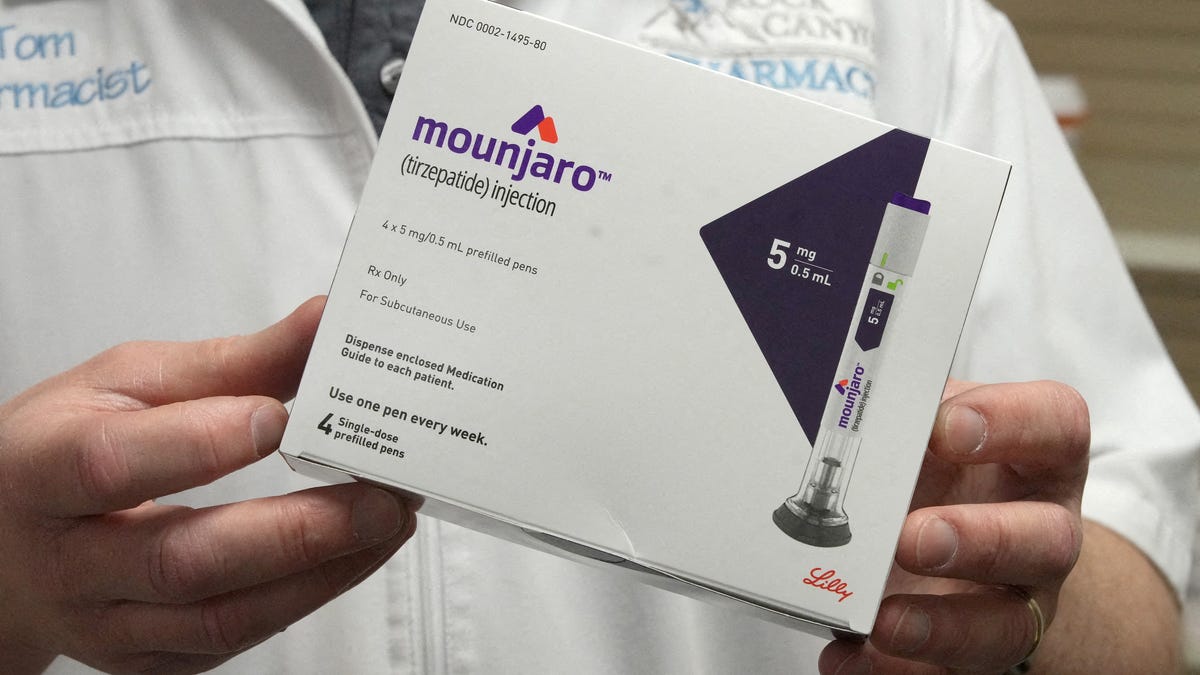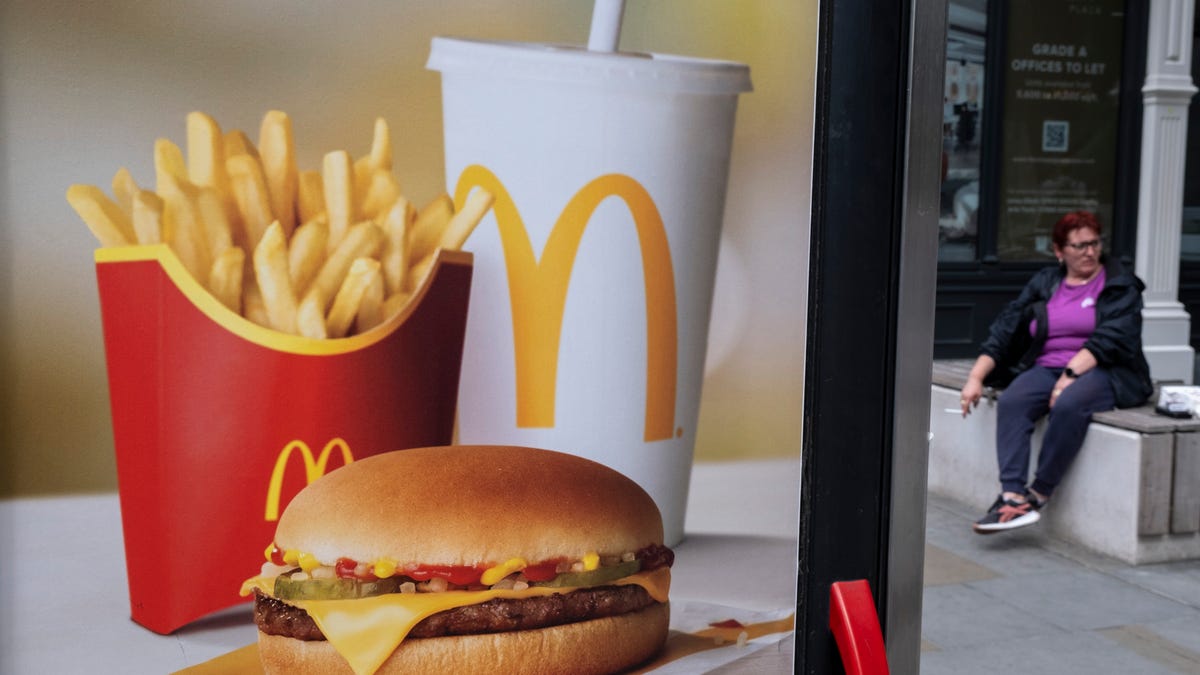Eli Lilly Facing Shortage in Diabetes and Weight Loss Drugs
Eli Lilly, a renowned pharmaceutical company, is currently grappling with a significant surge in demand for its popular diabetes and weight loss medications. The U.S. Food and Drug Administration recently updated its drug shortage database to reflect the scarcity of most doses of Eli Lilly’s Mounjaro and Zepbound drugs. This shortage is expected to persist until the second quarter of the year, primarily due to the unprecedented increase in demand. Specifically, only 2.5 milligram injections of each medication will not be affected by the shortage, highlighting the severity of the issue at hand.
Moreover, the soaring demand for GLP-1 drugs, a class of medications to which Zepbound, Mounjaro, Wegovy, and Ozempic belong, has become a pressing challenge for both Eli Lilly and its competitor Novo Nordisk. These drugs, used to manage diabetes and obesity, have gained immense popularity for their ability to suppress appetite and aid in weight loss, with some users experiencing weight reductions of up to 26%.
Global Impact of Drug Shortage
The high demand for these medications has propelled Eli Lilly and Novo Nordisk to the forefront of the pharmaceutical industry, with Eli Lilly currently ranking as the world’s tenth-largest company by market capitalization, valued at a staggering $720 billion. However, the surge in demand has also resulted in difficulties for patients seeking to access these vital medications, exacerbating an already critical global healthcare concern.
Novo Nordisk, in response to the shortage of Wegovy, initiated measures to prioritize the supply for existing patients, limiting the availability of starter doses since the previous year. The FDA first flagged a shortage of Wegovy back in March 2022, with the timeline for resolving the shortage still undetermined.
Addressing the Supply Chain Challenges
Both Eli Lilly and Novo Nordisk are actively exploring solutions to mitigate the drug shortage crisis. Anat Ashkenazi, Eli Lilly’s chief financial officer, acknowledged the production challenges during the Cowen Health Care Conference in March, indicating that meeting the demand might extend beyond the current year. The company anticipates a tight supply-demand scenario throughout 2024 and possibly beyond.
To alleviate the shortage, Eli Lilly has made substantial investments in new manufacturing facilities, amounting to at least $3 billion over the past two years. Additionally, the introduction of single-use vials as an alternative to pre-filled pens has provided some relief in certain international markets. Furthermore, the upcoming release of a new weight loss pill holds promise for bridging the supply-demand gap.
Concurrently, Novo Nordisk announced its acquisition of three facilities from Novo Holdings for $11 billion in a bid to enhance its production capacity and address the scarcity of Wegovy. This strategic move is expected to bolster the company’s capabilities from 2026 onwards, signaling a concerted effort to tackle the ongoing supply chain constraints.
In conclusion, as Eli Lilly and Novo Nordisk navigate the complexities of the pharmaceutical landscape amidst surging demand, their proactive measures and strategic initiatives underscore a firm commitment to ensuring continued access to vital medications for patients worldwide.
Image/Photo credit: source url





